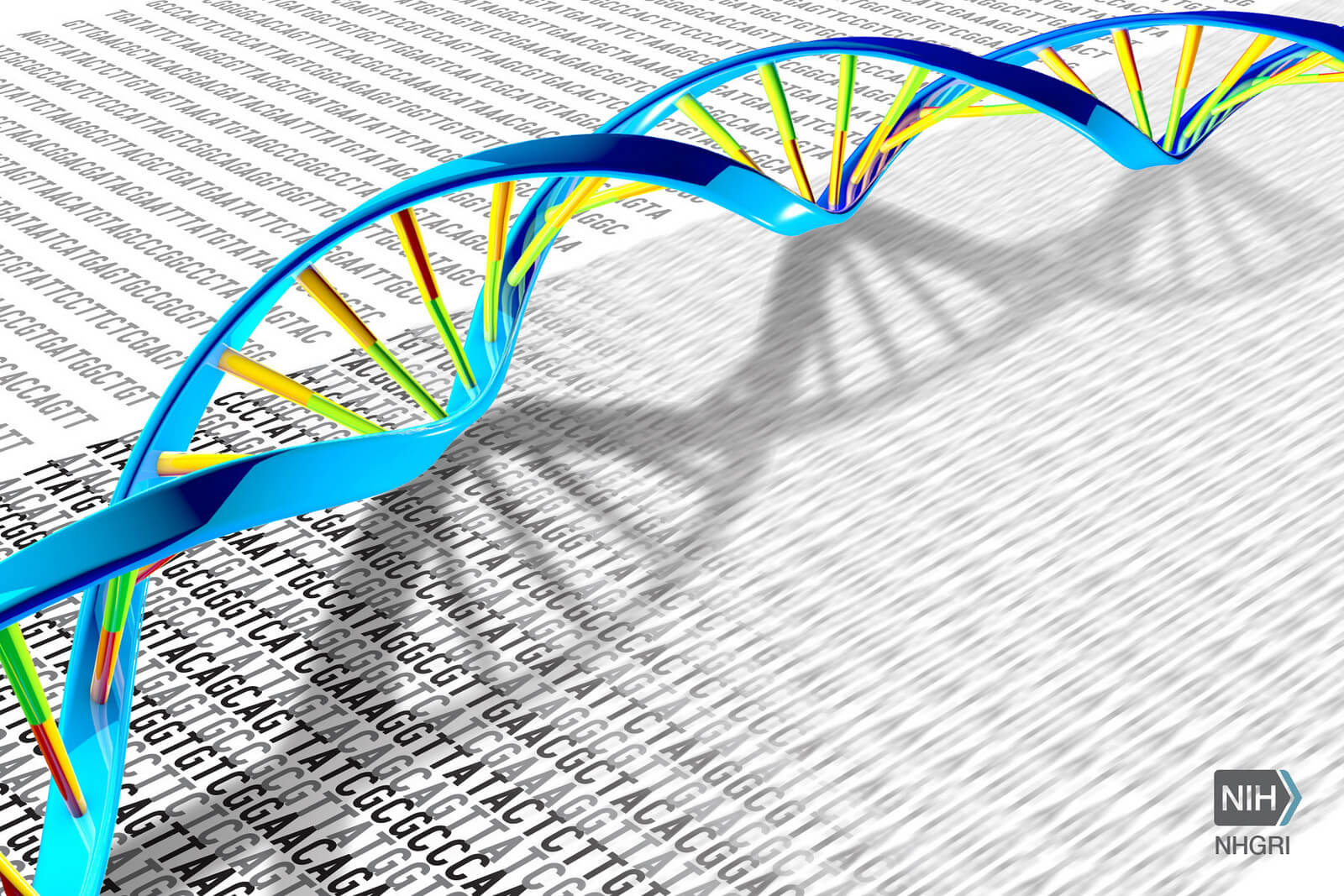January 15, 2018
3 min read
Fighting Synthetic Biosecurity Threats: Twist Bioscience Joins U.S Government Initiative
Twist Bioscience places the highest value on biosecurity while providing our customers with synthetic DNA tools.

Twist Bioscience places the highest value on maintaining best practices for biosecurity as we provide our customers with the synthetic DNA tools to help them improve health and sustainability.
With this commitment in mind, Twist Bioscience is joining a key group of companies to help the U.S. government develop new tools for more accurate risk assessment of individual DNA sequences. The Intelligence Advanced Research Projects Activity (IARPA) has asked these companies to take part in a program aimed at the creation of new capabilities to counter potential threats associated with advancements in biotechnology.
Twist will work with Battelle, Ginkgo Bioworks, and One Codex as participants in IARPA’s Functional Genomic and Computational Assessment of Threats (Fun GCAT) program. The Fun GCAT program is tasked with developing cutting-edge computational and laboratory-based approaches to assess the threat potential of genetic sequences. These tools will improve the ability to estimate risk associated with novel DNA sequences, a task that is very difficult and time-consuming using currently available software and laboratory techniques.
Battelle, the lead contractor, cited Twist Bioscience’s commitment to biosecurity as reason for its inclusion in the program.
“IARPA’s Fun GCAT program pushes us to expand on innovative techniques in bioinformatics, software engineering and data analytics,” Dr. Omar P. Tabbaa, Battelle’s Principal Investigator, said in a statement. “We’ve assembled top experts from across the biotech industry including statisticians, software developers, biologists and physicists all working on a problem of great societal impact, all working as a team.”
Under the proposal, the companies will develop software, relying on predictive algorithms, to identify potential capability of a DNA fragment to cause harm (usually via its protein product) based solely on primary sequence. These tools would be used to screen DNA sequences to determine whether a given sequence is related to any known organism, predict the possible function of unknown sequences, and assign a threat level based on potential for harm to plants, animals or human beings. By screening and characterizing genetic sequences before they are synthesized, the software would enable the end user to vastly reduce the risk that biological threats will be created either intentionally or accidentally.
James Diggans, Twist Bioscience’s Director of Bioinformatics and Biosecurity, said the company is well-placed to join this effort. “This initiative is an extension of Twist’s long-term commitment to observing and advancing state-of-the art practices in biosecurity,” Diggans said.
Twist’s silicon-based DNA synthesis platform is capable of generating data at unprecedented scale, adding a crucial real-world testing and evaluation environment for the Battelle Fun GCAT team, Diggans explained.
“We are committed to delivering exceptional products to our customers who are changing the world for the better,” Diggans added. “We have invested considerable time and resources to support responsible research through our comprehensive biosecurity program to help realize the promise of synthetic biology. We appreciate partnering with like-minded organizations in important programs like Fun GCAT to further scientific capability while maintaining public safety.”
Image source: Flickr. Author: National Human Genome Research Institute. Image licensed under CC by 2.0
What did you think?
Like
Dislike
Love
Surprised
Interesting
Read Next
Get the latest by subscribing to our blog